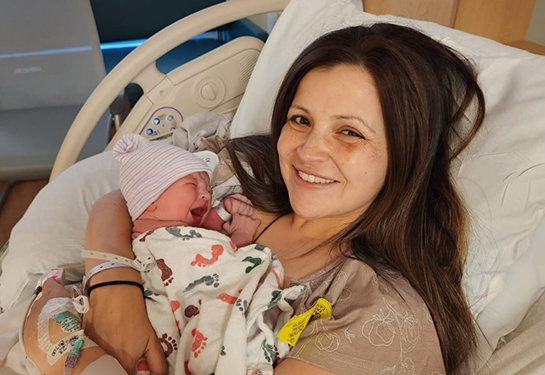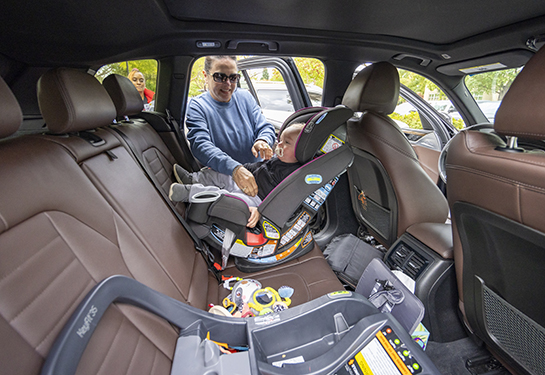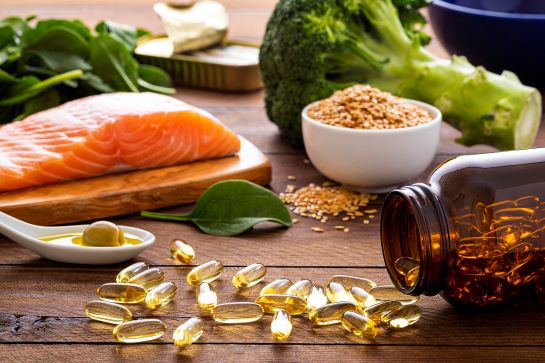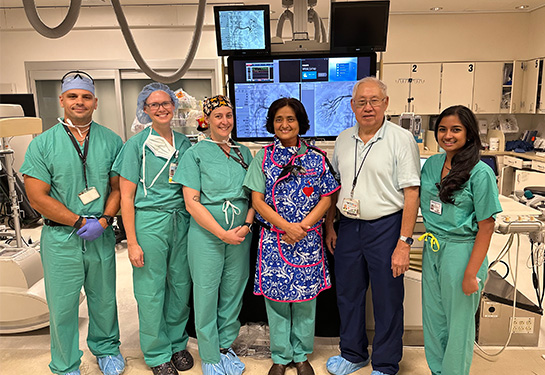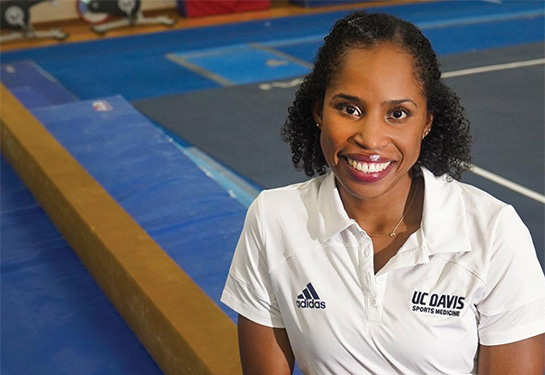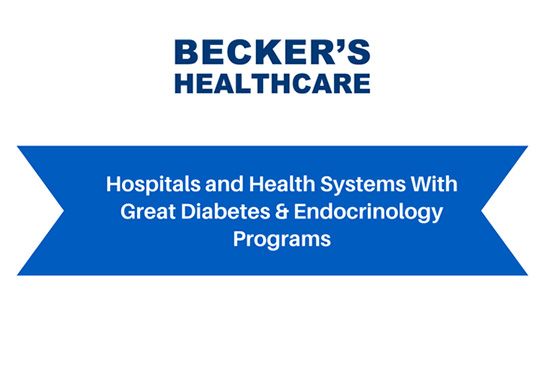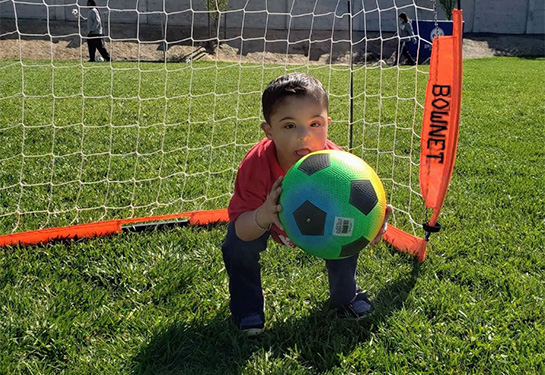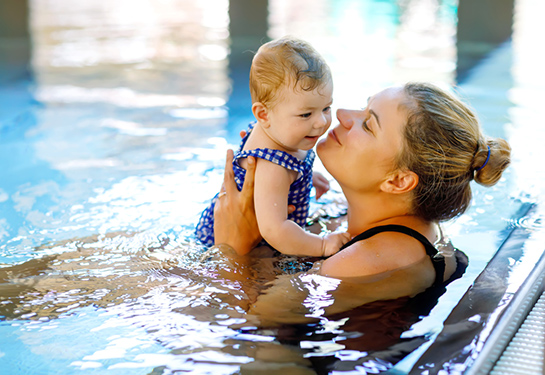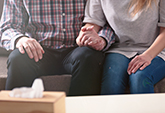-
May 22, 2025
UC Davis nurse’s cautionary tale of postpartum preeclampsia
Everything seemed fine after Kristin Apicella gave birth. But days later, symptoms pointed to a life-threatening condition.
Read More
-
April 23, 2025
Stop. Look. Lock: 5 tips to save your child from heatstroke
As the temperature warms up, remember that it is never safe for a child to be left alone in a car – even if the windows are rolled down.
Read More
-
January 03, 2025
Do collagen, omega-3 and whey supplements help your bones?
In a Q&A, Professor of Neurobiology and Physiology Keith Baar discusses the effects of collagen, whey protein and omega-3 supplements on bone, tendons and joint health.
Read More
-
July 29, 2024
Cardiology team performs new renal denervation procedure to treat resistant hypertension
Cardiologists performed the institution’s first renal denervation procedure for resistant hypertension becoming the first hospital in Northern California to do so outside of a clinical trial.
Read More
-
June 28, 2024
Protecting athletes’ mental health from social media risks
Sports medicine physician Marcia Faustin, who cares for the U.S. Gymnastics Team, is heading to the 2024 Paris Olympics. In a Q&A, she talks about the impacts of social media on athletes’ mental health.
Read More
-
February 26, 2024
Diabetes and endocrinology programs listed among top in the nation
Becker's Hospital Review listed UC Davis Health in its first edition of hospitals and health systems with “great diabetes and endocrinology programs.”
Read More
-
December 01, 2023
‘This data could help a kiddo 10 years from now’: Why one family takes part in Down syndrome research
A family who takes part in research at the UC Davis MIND Institute shares why they come back for study after study involving Down syndrome.
Read More
-
July 10, 2023
Try these 13 tips to help you sleep better
Psychiatrist Jesse Koskey shares strategies based on cognitive behavioral therapy for insomnia (CBT-I) that can help you get a better night’s sleep.
Read More
-
May 16, 2023
10 tips to protect your child from drowning
As the weather heats up, many families head to swimming pools, rivers or the ocean. But drowning claims thousands of lives each year. Follow our safety tips.
Read More
-
March 09, 2023
Free day-long Psychedelic Summit at UC Davis Health March 23
UC Davis Health is bringing together national experts to explore what the rapidly evolving field of psychedelics and neurotherapeutics may mean for neuropsychiatric and neurodegenerative diseases.
Read More
-
July 19, 2021
Can CBD help people with psoriasis find relief?
UC Davis Dermatologist Jason Hawkes discusses the effects and risks of using cannabinoids, such as CBD, as an alternative or complementary treatment to psoriasis, a chronic inflammatory skin disease.
Read More
-
October 01, 2020
Four tips to help support parents after pregnancy loss
The heartbreaking news of model and TV personality Chrissy Teigen’s pregnancy loss this week has heightened awareness of miscarriage, which affects one in four women in the U.S. UC Davis social worker Brenna Rizan offers advice for grieving parents.
Read More

